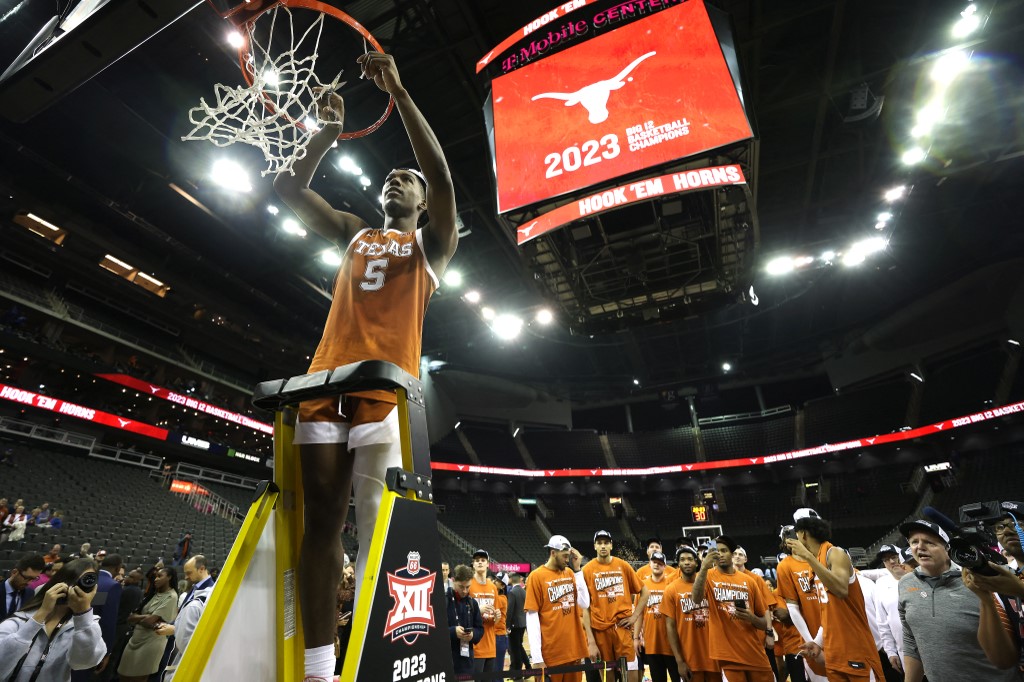Sports Betting Bill Passed the House in Texas, but What Happens Next?

The House of Representatives in Texas took a significant step towards legalizing sports betting by overwhelmingly approving Bill HJR 102 on Thursday. This development suggests that legalized sports wagering in the state may be closer than many had previously thought.
The decision was made after two readings on Wednesday, during which the Bill failed to reach the required 100-vote threshold needed to involve the Texas Senate in the consideration of legalizing sports betting in the state.
Although receiving strong approval in the House is a positive sign, the Bill will encounter a tougher obstacle in the Texas Senate. Texas legislatures have traditionally been conservative and vocal in their opposition to legalizing sports betting in the state.
What Bill HJR 102 says
Bill HJR 102, a companion Bill to HB 1942, was voted on alongside a Bill to allow for eight resort casinos in Texas. It passed by a 97-44 vote on Wednesday, but reached the 100 votes threshold with a 101-42 vote on Thursday. The House provided the two-thirds support needed for the bill during the Thursday session.
The legislation proposes a constitutional amendment that would allow Texas voters to decide on the legalization of mobile sports betting in November. Licenses for sports wagering would be tied to Texas-based sports teams under this bill.
The top sports betting sites would be subject to a 15% tax on their gambling revenues, with the generated funds allocated towards educational programs and public safety initiatives in Texas.
The arguments for
The push to legalize sports betting and introduce top sports betting apps in Texas mirrors similar efforts seen in other states. It enjoys strong backing from all of Texas’ professional sports teams and is based on two key factors.
Sports betting is already occurring in Texas, whether we like it or not. According to Rep. Jeff Leach, over 1 million Texans place nearly 2 million online bets each year, totaling $7 to $8 billion annually. The successful regulation and taxation of existing activities has been demonstrated in other jurisdictions.
Next, there are the fundamental rights and freedoms cherished by Americans. It goes against these principles for governments to reject a popular pastime that most Americans endorse. As argued by Rep. Leach, do we prioritize freedom and trust in our citizens to make choices that benefit their families?
Senate in the way
The Texas Senate has consistently hindered efforts to legalize online sports betting in Texas, and it is expected to remain a significant obstacle. Lt. Gov. Dan Patrick has repeatedly cautioned about the Senate’s staunch opposition to any sports betting proposals in the state.
Before passing any sports wagering bill, Patrick has insisted on Republican consensus, requiring 15 out of 16 Republican Senators to agree in order to send the bill to the Governor for approval. He stated, “I need Republican consensus, otherwise it’s a Democrat bill,” hinting at a potential partisan battle that often results in no clear victor in today’s political environment.
The next steps
Having secured 100 votes in the House, the decision now lies with the Senate to discuss and determine whether Texas will join the 34 other states in legalizing sports betting and allowing the best sportsbooks to operate within its borders.
Getting approval in the House was simple compared to the challenges awaiting in the Senate. Currently, it seems unlikely that the Senate will approve the casino or sports betting proposals, as they haven’t even scheduled hearings on the matter in Texas.
The Texas legislative session will conclude on May 29, placing pressure on both the House and Senate to reach a decision. Even if the Senate approves the framework for a legal sports betting platform, it must still be approved by Texas voters in November.
Other states, such as neighboring Louisiana, have embraced legal sports betting, but the stance of one of the more conservative states in the nation remains undecided.
Despite the optimistic outlook for legal sports betting in Texas, there are still obstacles to overcome. It may be six months, or even years, before the first legal sports bet is placed in the state.







